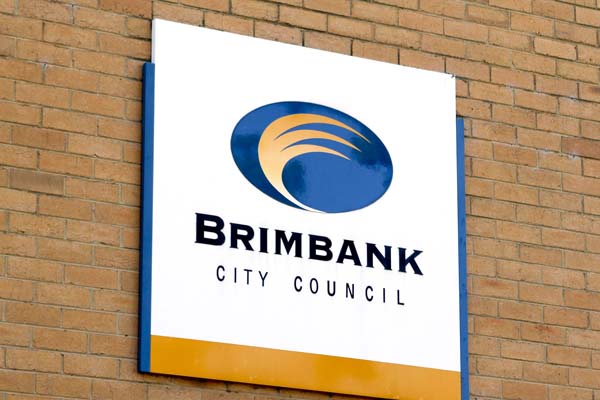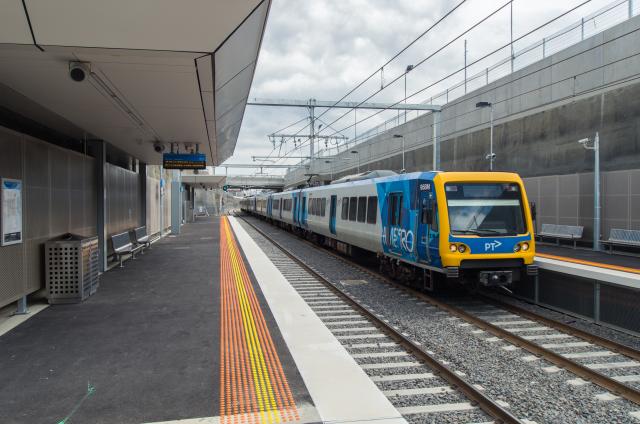A REPORT underpinning the State Government’s decision to cancel the Brimbank Council elections has found political tensions in the area were too great to risk a return to elected councillors.
The report prepared by consultant Doug Owens and delivered to Local Government Minister Jeanette Powell on March 7 supported the findings of the Bill Scales report prepared in November last year.
The Owens report found “it is clear persons previously named in either the Ombudsman or Scales reports will seek to be involved in a newly elected council. The extent of involvement is difficult to foresee.”
He supported the view in the Scales report that historic tensions would be played out once again in the policies, processes and practices of any newly elected council.
“Time has not caused the political tensions to dissipate but the end outcome of the election cannot be accurately predicted and the question arises as to when (if ever) political tensions in Brimbank will dissipate,” the report stated.
He found there was potential for a sound business plan to be rejected by an elected council “on parochial grounds”.
Projects such as the Errington Community Facilities Plan and the Performing Arts centre could be potentially jeopardised.
Governance issues would depend on the make-up of an elected council, but a date could not be put on when political tensions might dissipate.
“In my opinion they probably will not dissipate in the foreseeable future.”
Mr Owens argued elections risked reintroducing power relationships and alliances that have the potential to undermine good government and governance, therefore confidence in the administration of the Brimbank Council.
Extending the term of administration through to 2016 could not be justified as administrators would have completed their tasks well within this time.
Extending administration until 2014 would see all major decisions including major projects (council offices, community facilities and Performing Arts centre), land acquisitions and sales and the establishment of a long term financial plan completed.
“Politically tensions may dissipate somewhat and it would provide opportunity for current leadership programs to nurture future councillors.”
Elections in 2014 would give a newly elected council two years to “earn re-election in 2016” while having elections out of sync with other councils could assist in achieving a non-politicised outcome, the report stated.







